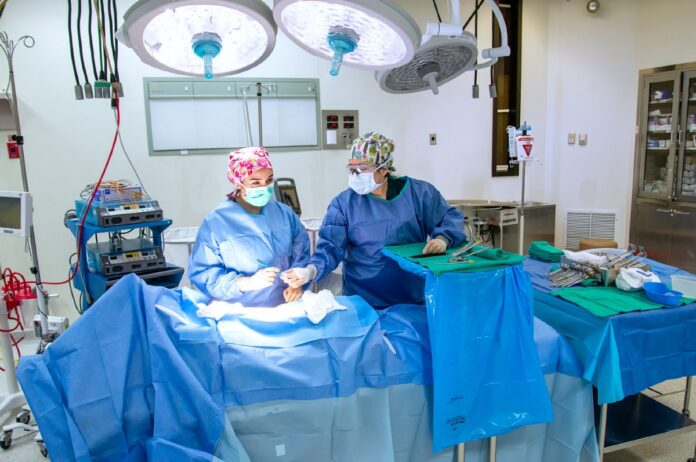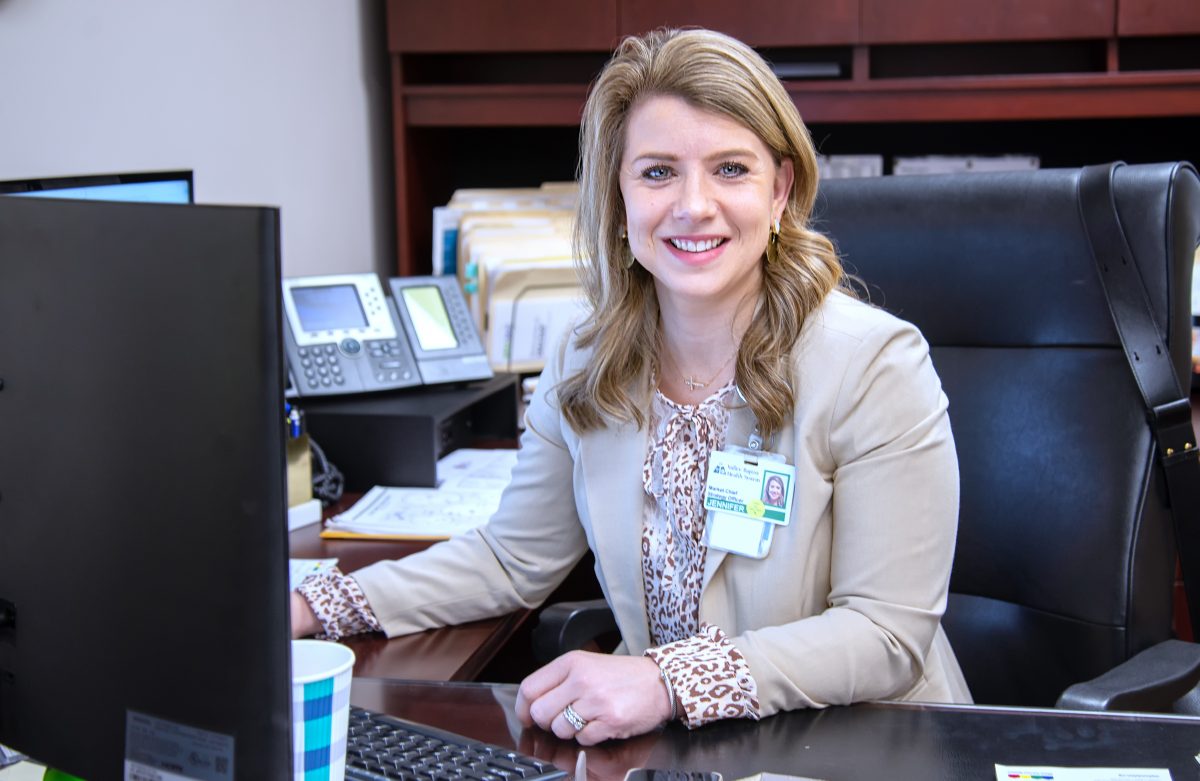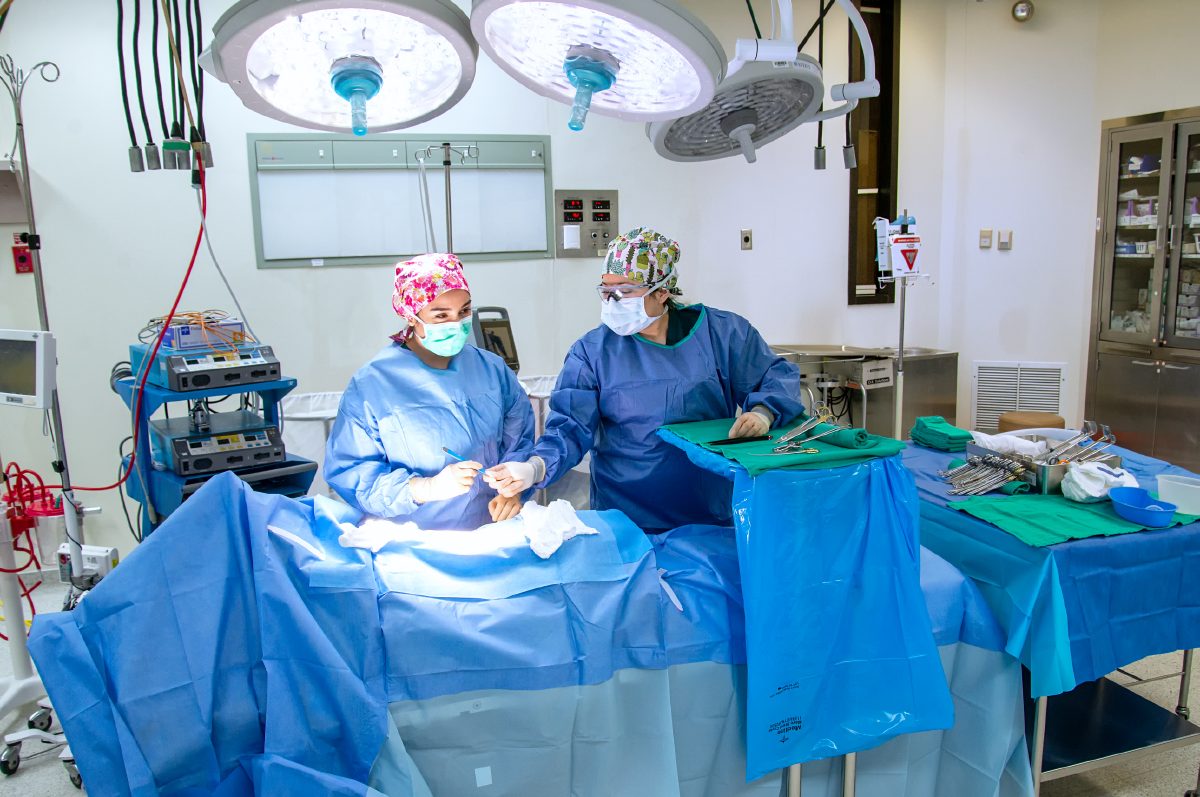HARLINGEN — A recent multimillion-dollar grant will soon train more physicians who will stay and fill a critical shortage.
The Valley Baptist Legacy Foundation’s $38 million grant to the University of Texas Rio Grande Valley School of Medicine will facilitate the creation of a general surgery residency program at Valley Baptist Medical Center.
The program will serve the Valley on numerous levels, said Jennifer Bartnesky-Smith, market chief strategy officer for Valley Baptist.
For one, it could result in many new physicians remaining in the Valley after finishing their residencies, and that would fill a serious void. Valley Baptist Harlingen is at the “low end” with regards to general surgeons on its medical staff.
“We’ve historically had a deficit in a variety of specialties but particularly as it relates to a surgeon category, which can be anything from general surgery to neurosurgery,” Bartnesky-Smith said. “If doctors train in an area, if they bring their families with them, about 60 percent of them will stay. For us that’s a big deal, that we might be able to retain some general surgeons here in our community.”
Physicians applying for a residency program will have already completed their undergraduate work and their medical studies. The next step in their training is the residency, which Bartnesky-Smith said will take four years.
The program is spelled out in the grant from the Legacy Foundation.
“It is funding a Cameron County-based general surgery residency program that will be housed here at our campus,” she said. “It’s over a period of five years that the funding will take place. In each year there are slots for four general surgery residents.” The first group of four resident physicians will probably begin their practice in July of 2021, she said. Each year a new group of four physicians will begin their residencies. Over a five-year period, the hospital will have 20 resident physicians at Valley Baptist, based in Cameron County.
This is the ideal way to bring more doctors to the area. Recruiting physicians who are already based elsewhere presents significant challenges.
“What we work very diligently on as a hospital is to recruit doctors into the community,” Bartnesky-Smith said. “It’s difficult sometimes to convince doctors in other areas of the country to move to deep South Texas. Sometimes the spouse doesn’t want to come, or there is family somewhere else.”
She said the university must still accomplish several requirements before becoming fully accredited as an ACGME residency program. ACGME stands for Accreditation Council for Graduate Medical Education.
“We’re working very closely with the school to make sure we’re helping them meet all those requirements as it relates to things in our hospital,” she said. “They have to have appropriate space and sleep rooms for the residents, training areas. The ACGME may come down and survey the facility, survey the program, they’ll get the award for the official start of it, and then at that point they’ll start selecting residents.”






